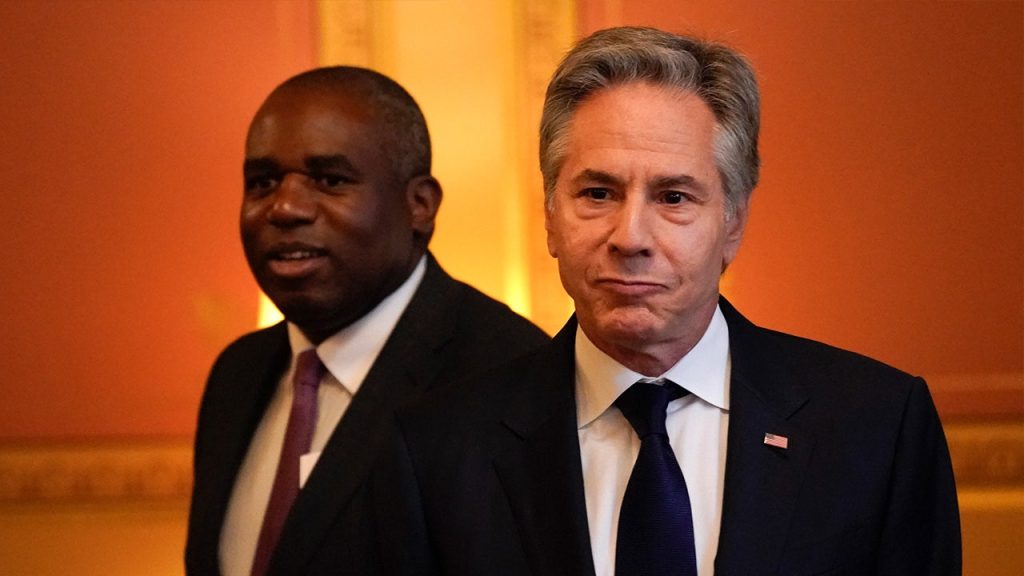U.S. Secretary of State Antony Blinken confirmed that Iran has supplied Russia with short-range ballistic missiles that will likely be used in Ukraine in the coming weeks. This transfer of Iranian missiles allows Russia to use more of its own arsenal for targets further from the front line, while dedicating new missiles acquired from Iran for closer range targets. Blinken stated that Iran would face repercussions for this action, with the U.S. announcing additional sanctions on Tehran. European allies were also expected to announce their own sanctions against Iran in response to the supply of ballistic weapons to Russia, which poses a threat to European security.
Reports revealed that the European Union and its allies received credible information that Moscow was obtaining top weaponry from its Middle Eastern ally, Iran, despite warnings from the U.S. and NATO. This collaboration between Russia and Iran has raised concerns about European security and demonstrates Iran’s decentralized influence extending beyond the Middle East. Blinken highlighted the sharing of information between Russia and Iran on major geopolitical issues, including nuclear development and space-based technology. The situation raises further worries about the impact on global security as well as potential violations of international agreements.
The International Atomic Energy Agency (IAEA) warned that Iran has continued to develop its nuclear program without checks for over three and a half years, increasing its stockpiles of highly enriched uranium to 60% purity, just below weapons-grade uranium which requires 90% purity. IAEA Director General Rafael Mariano Grossi encouraged new Iranian President Masoud Pezeshkian to engage in a constructive dialogue to address concerns about Iran’s nuclear ambitions. Meanwhile, Blinken cautioned that aiding Russia in its conflict with Ukraine would have severe consequences for Tehran, contradicting Iran’s desire to restore engagement with Europe and receive sanctions relief.
Blinken emphasized that Iran’s actions in supporting Russia’s war efforts would achieve the opposite of sanctions relief and destabilize the region further. Germany, France, and the U.K. strongly condemned Iran’s provision of ballistic missiles to Russia, but specific sanctions had not yet been announced. The development of this situation underscores the complex dynamics of global geopolitics and the interconnectedness of various actors in regional conflicts. Addressing these challenges will require a coordinated effort from international stakeholders to prevent further escalation and maintain stability in the region.
In response to the supply of Iranian missiles to Russia, Blinken stated that the U.S. would impose additional sanctions on Iran, with European allies expected to follow suit. These sanctions are intended to hold Iran accountable for its destabilizing actions and deter further collaboration with Russia in the conflict in Ukraine. The situation highlights the risks of proliferation of advanced weaponry and technology across borders, further complicating diplomatic efforts to address security challenges in the region. It also underscores the importance of international cooperation and enforcement of arms control agreements to prevent the escalation of conflicts and maintain peace and stability in the region and beyond.


